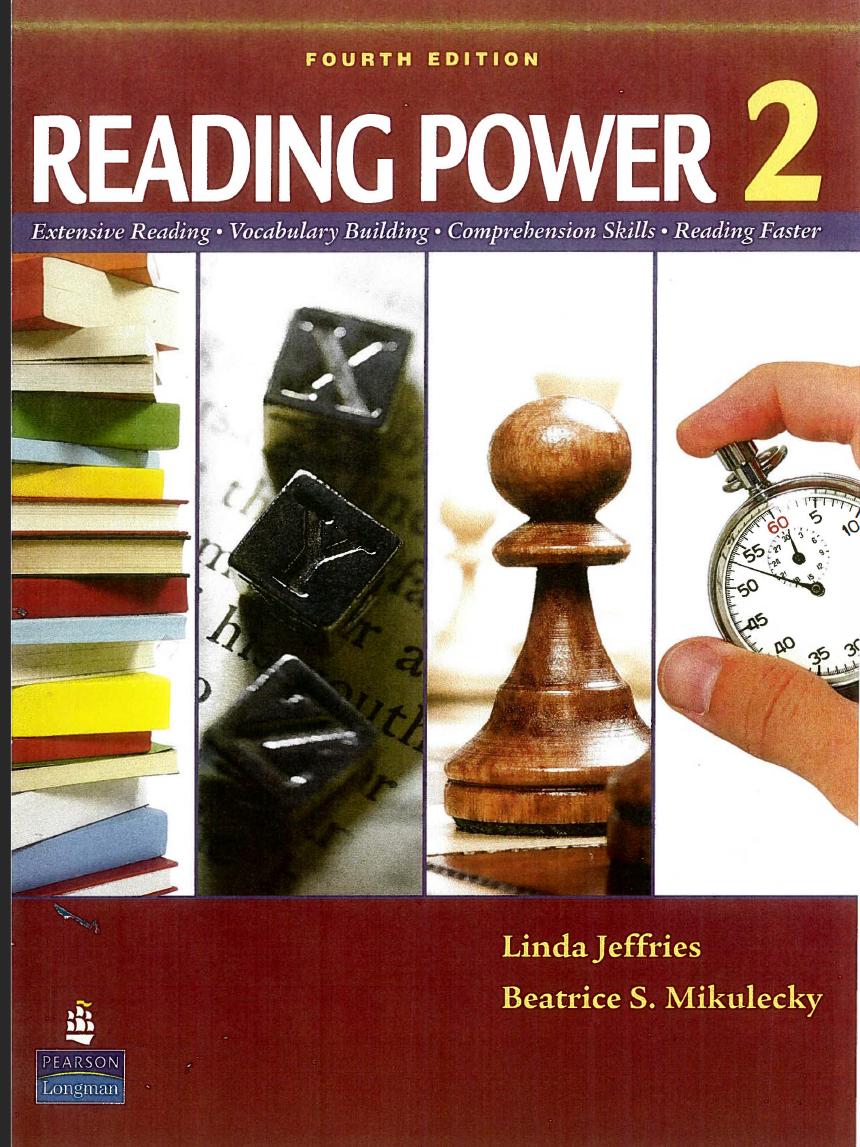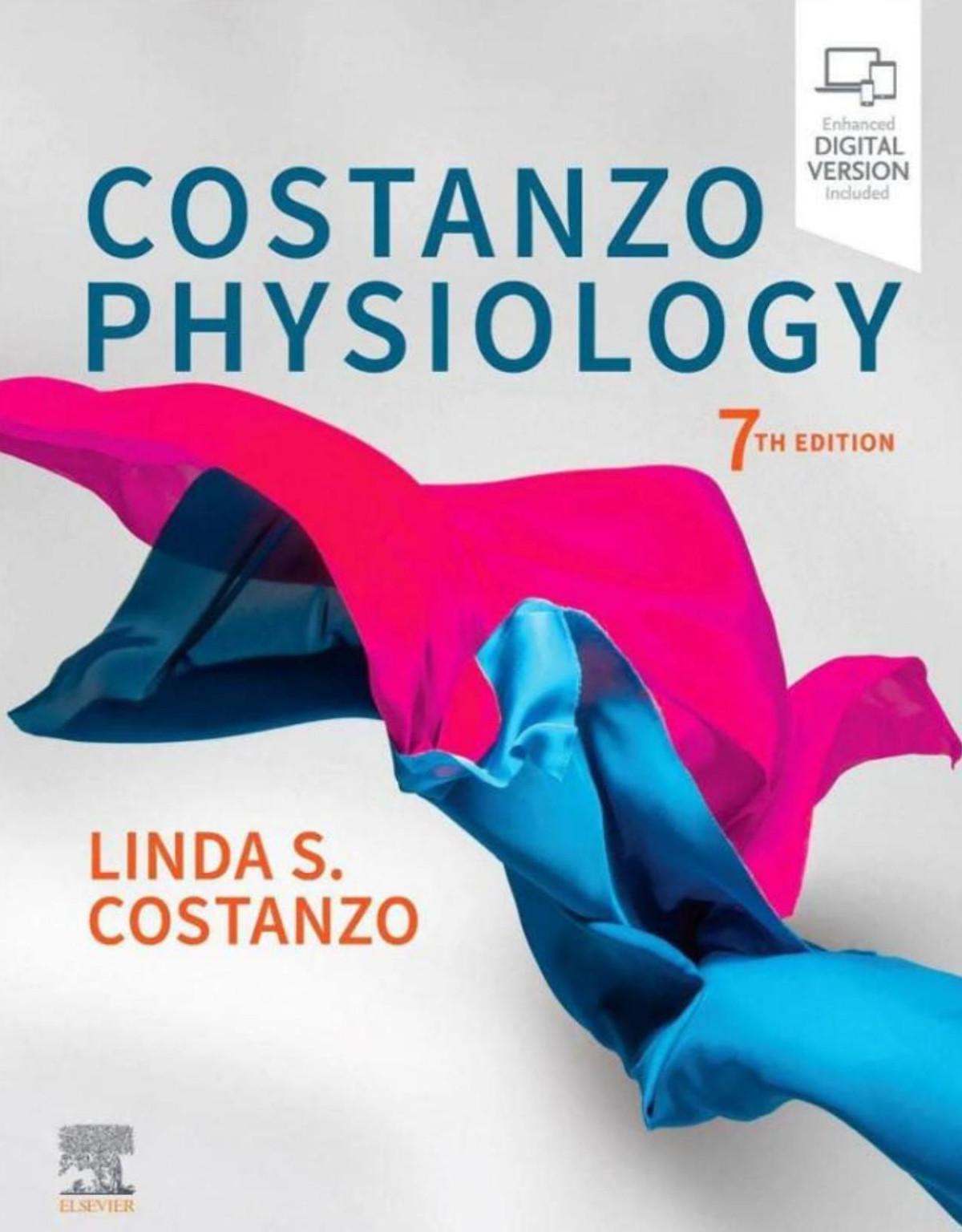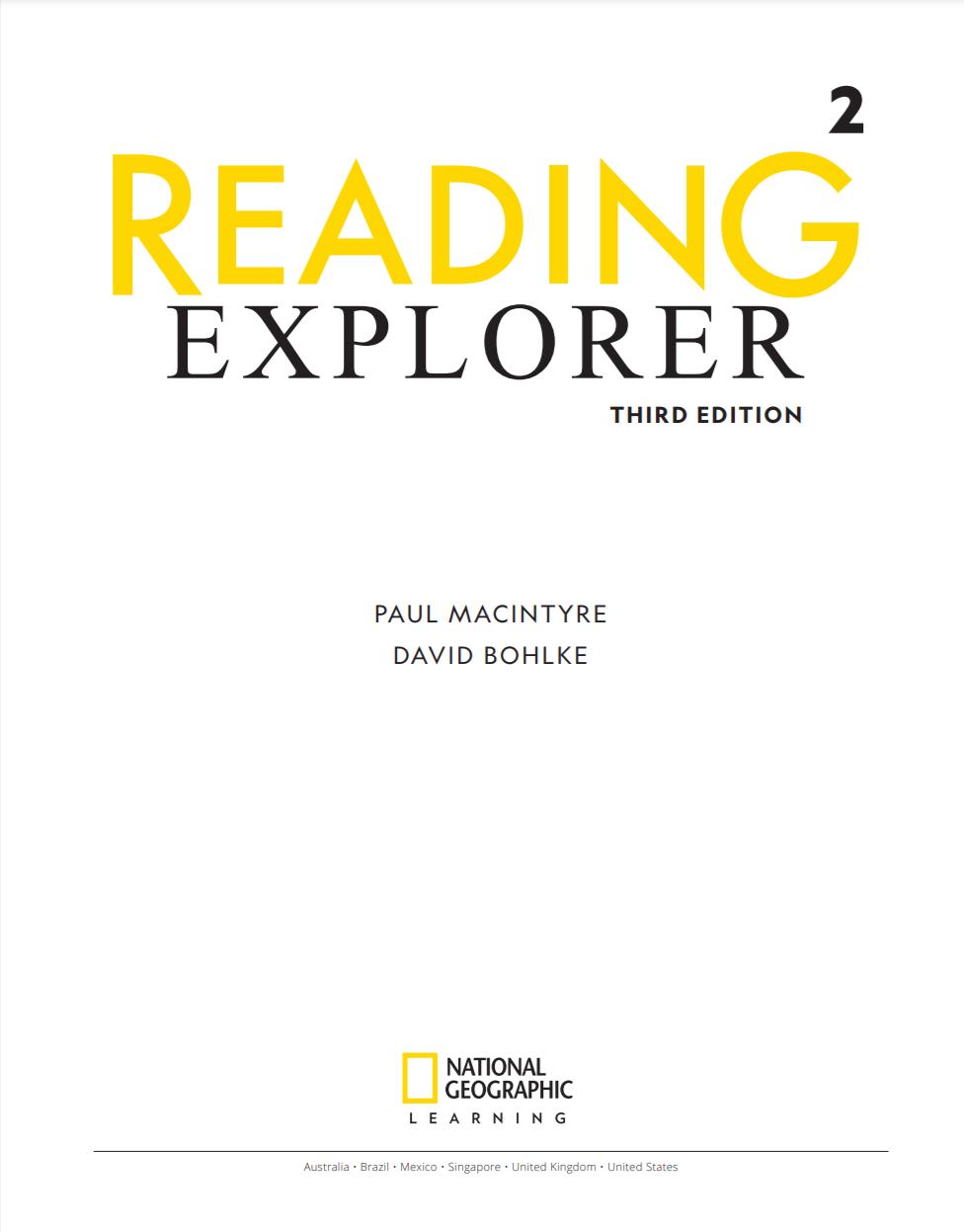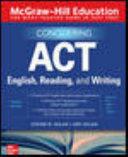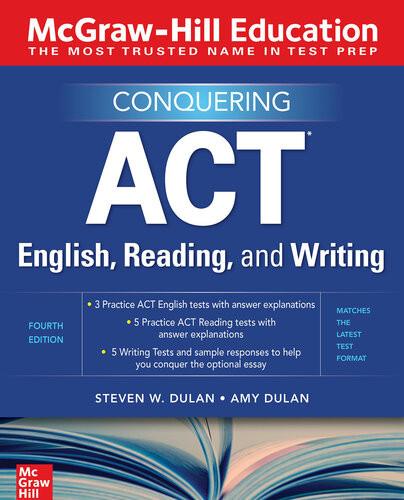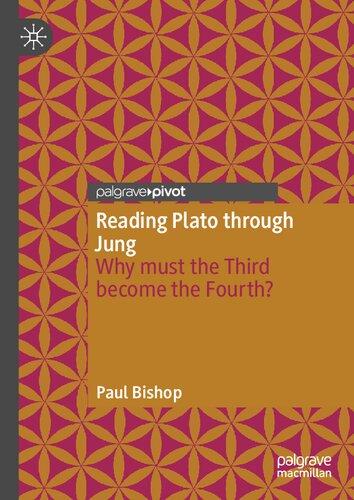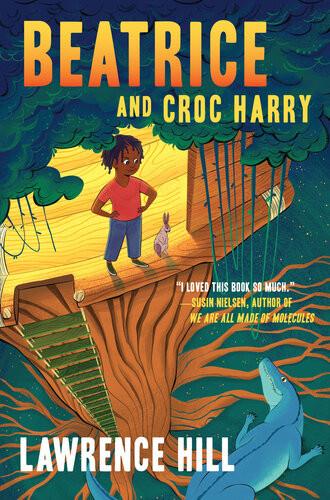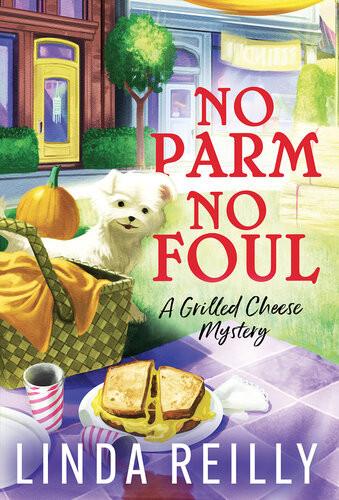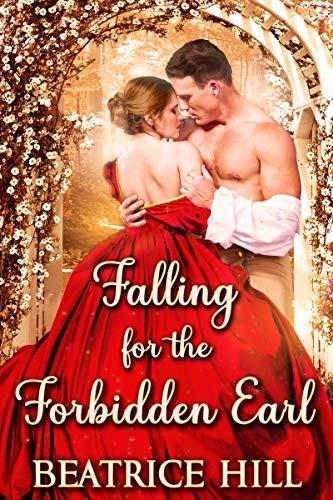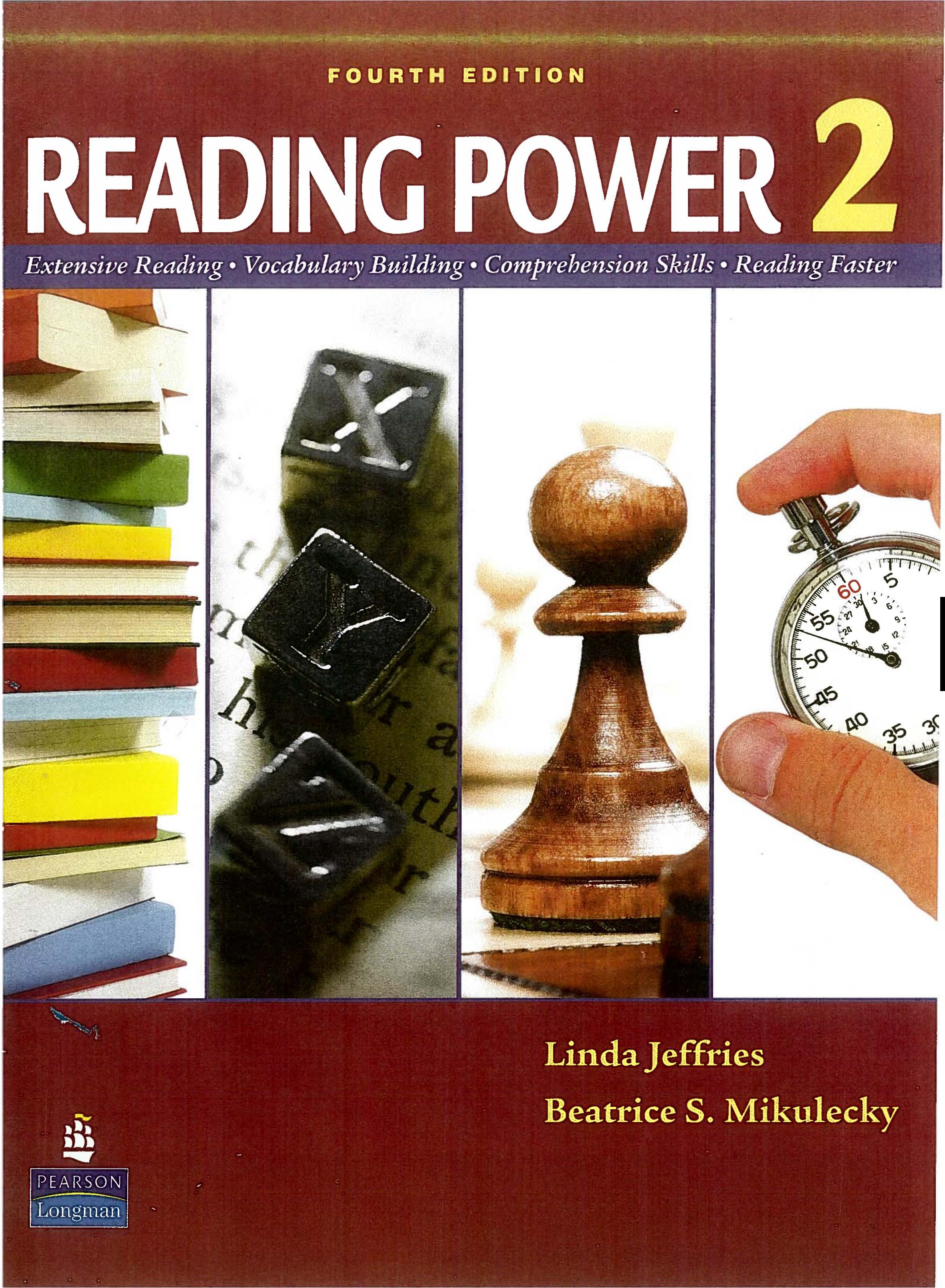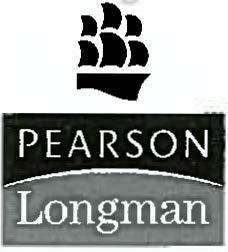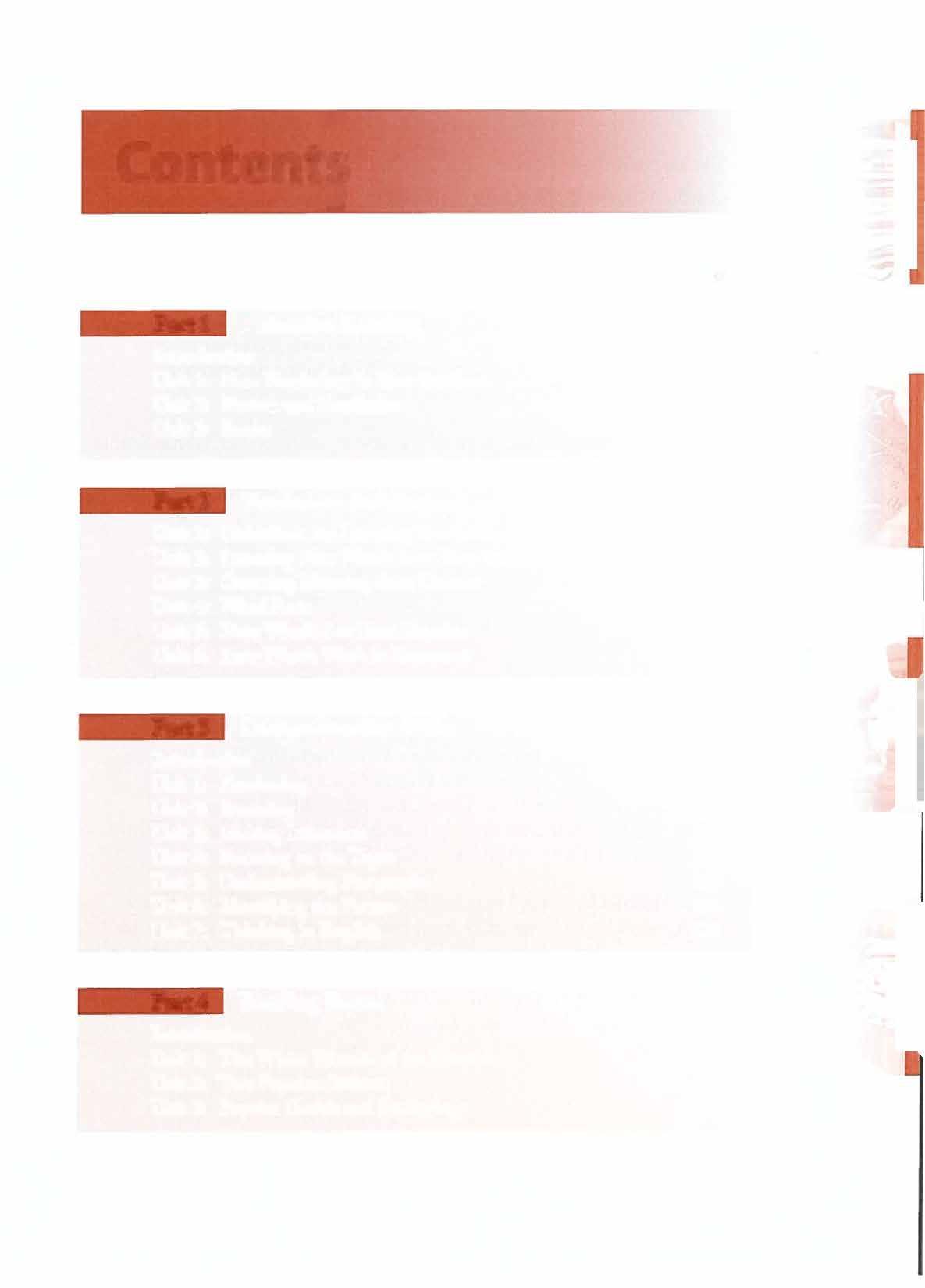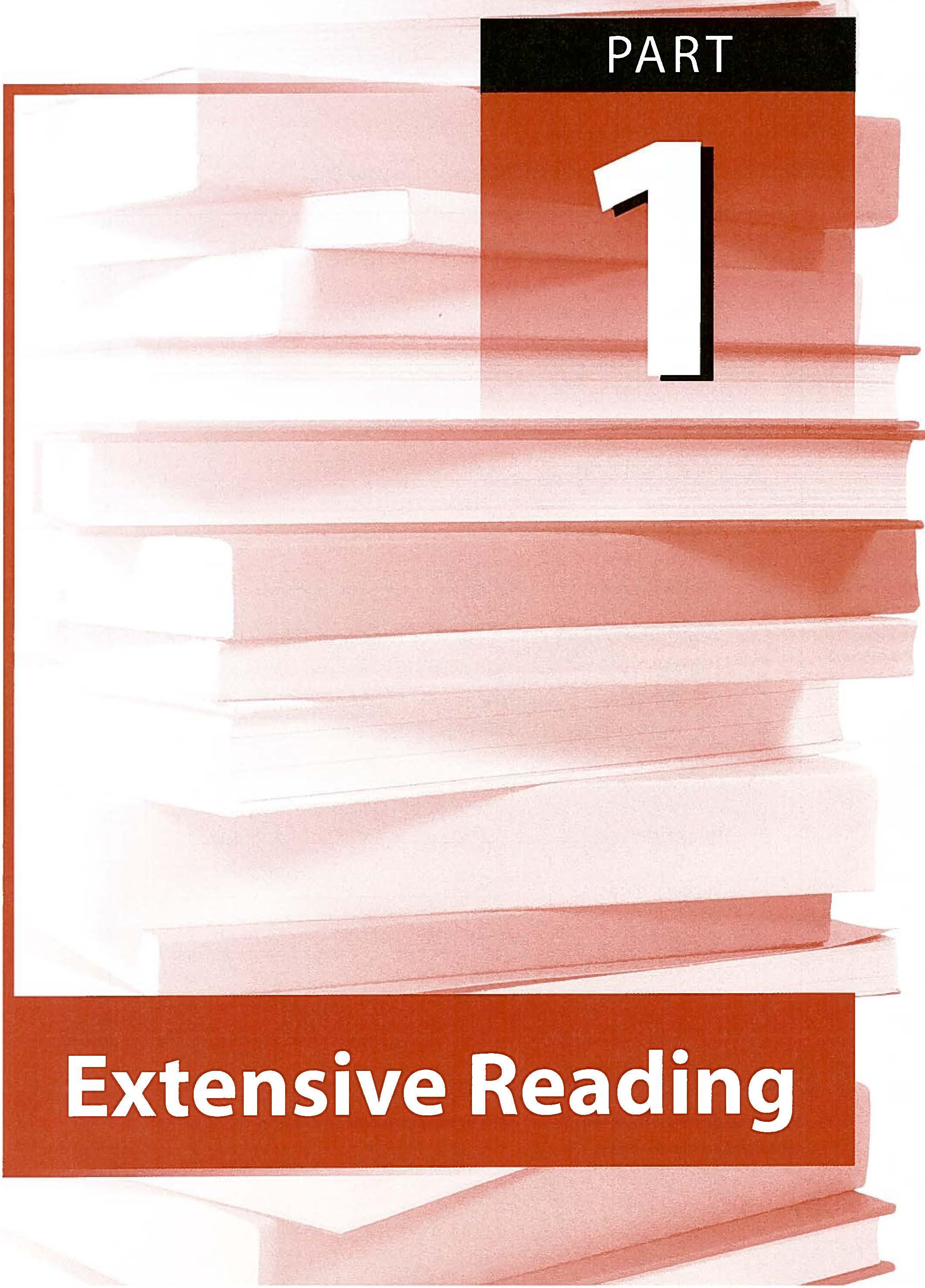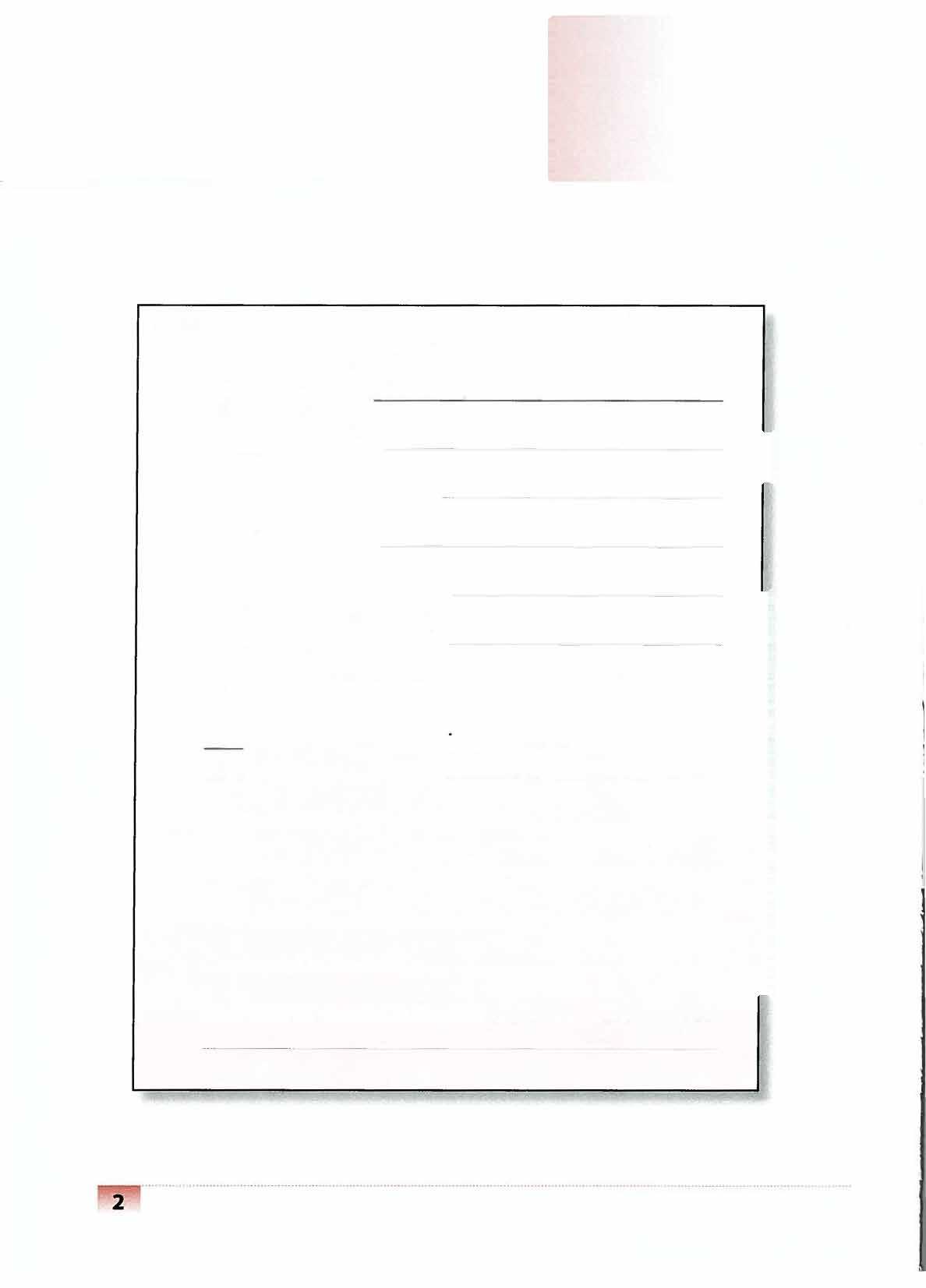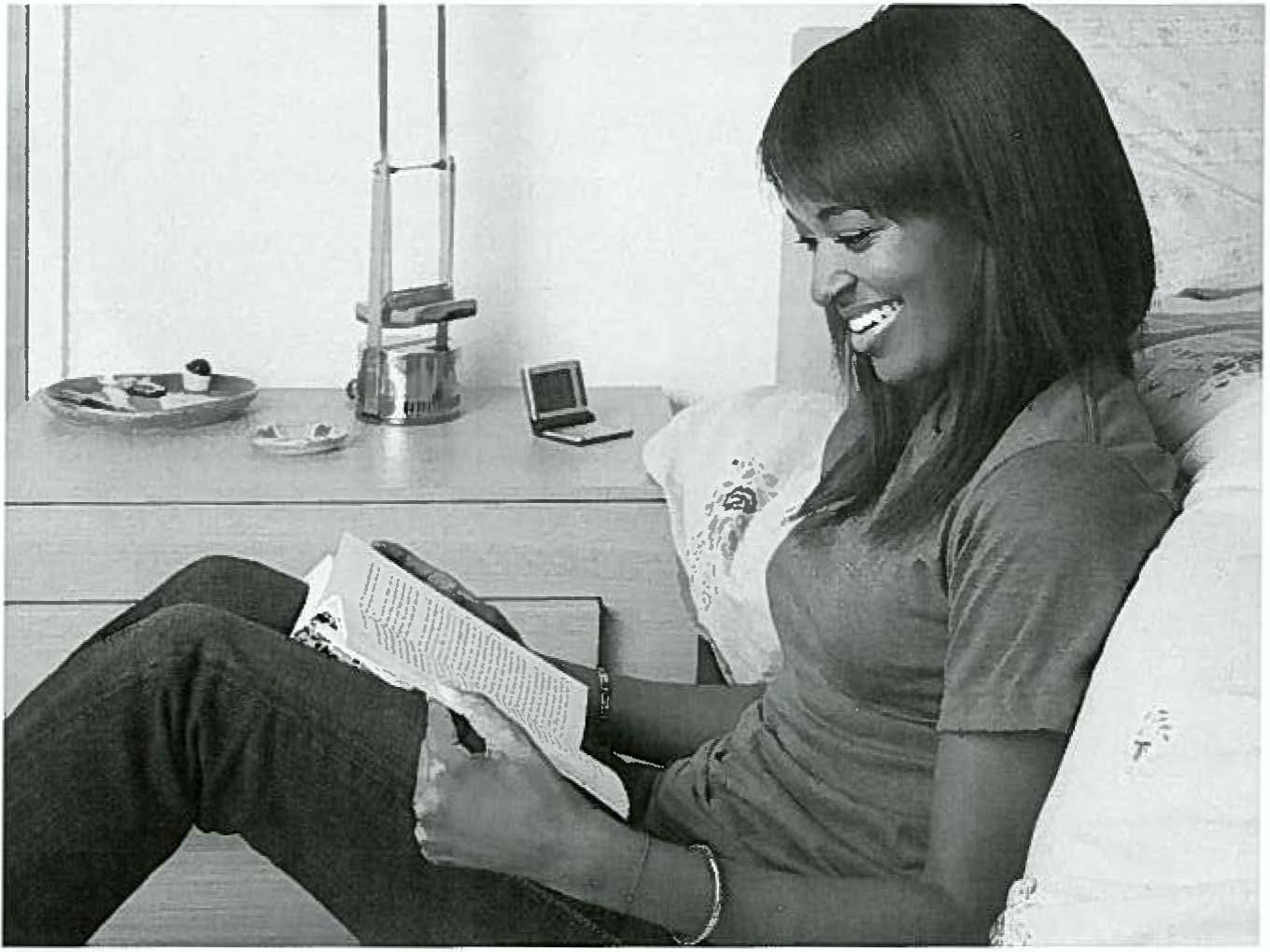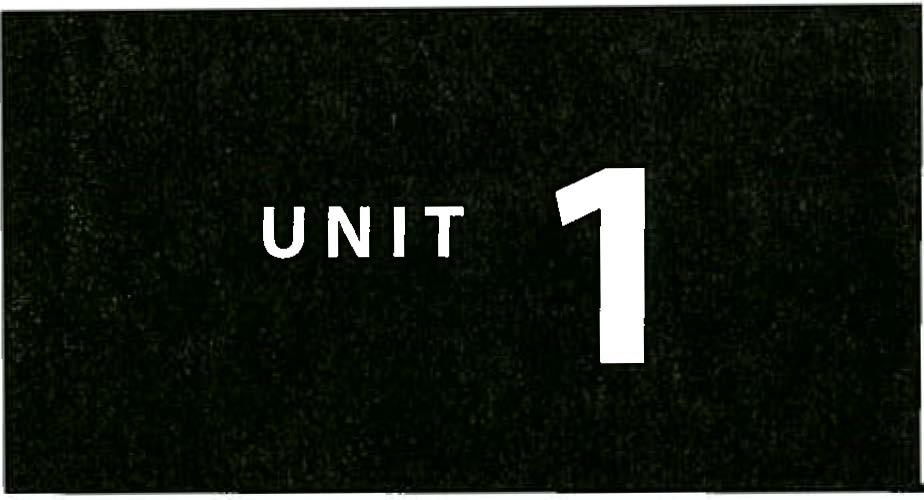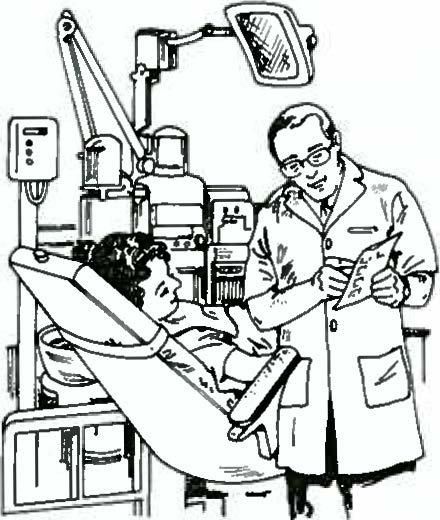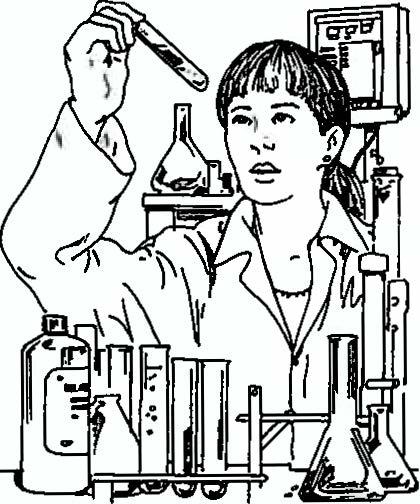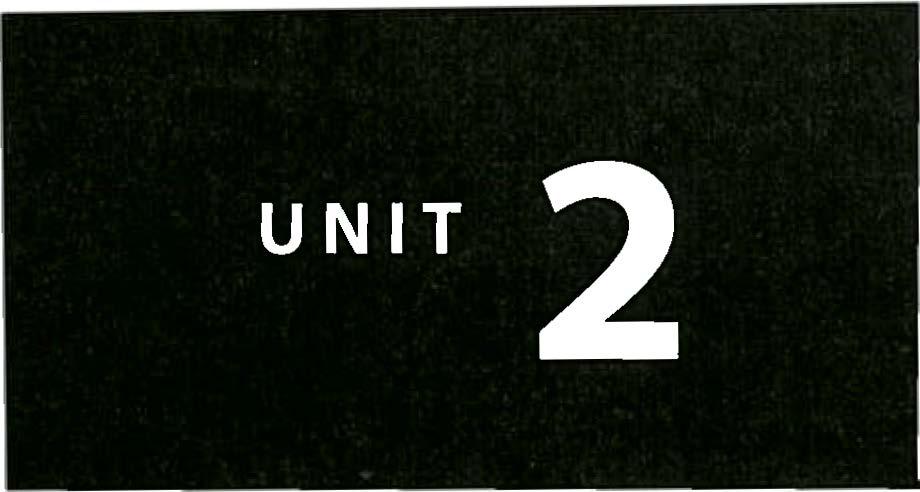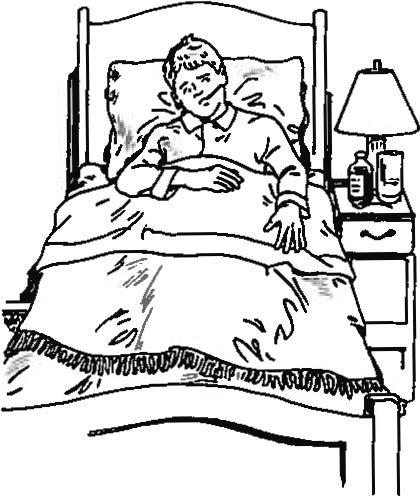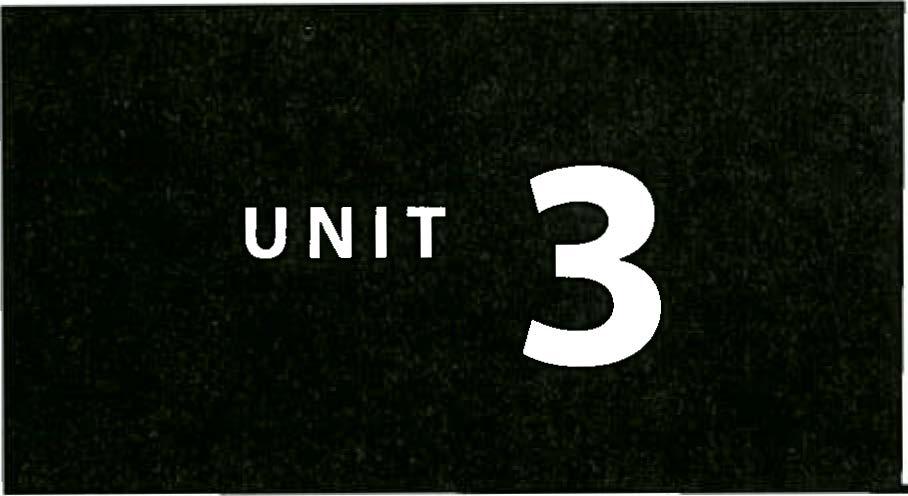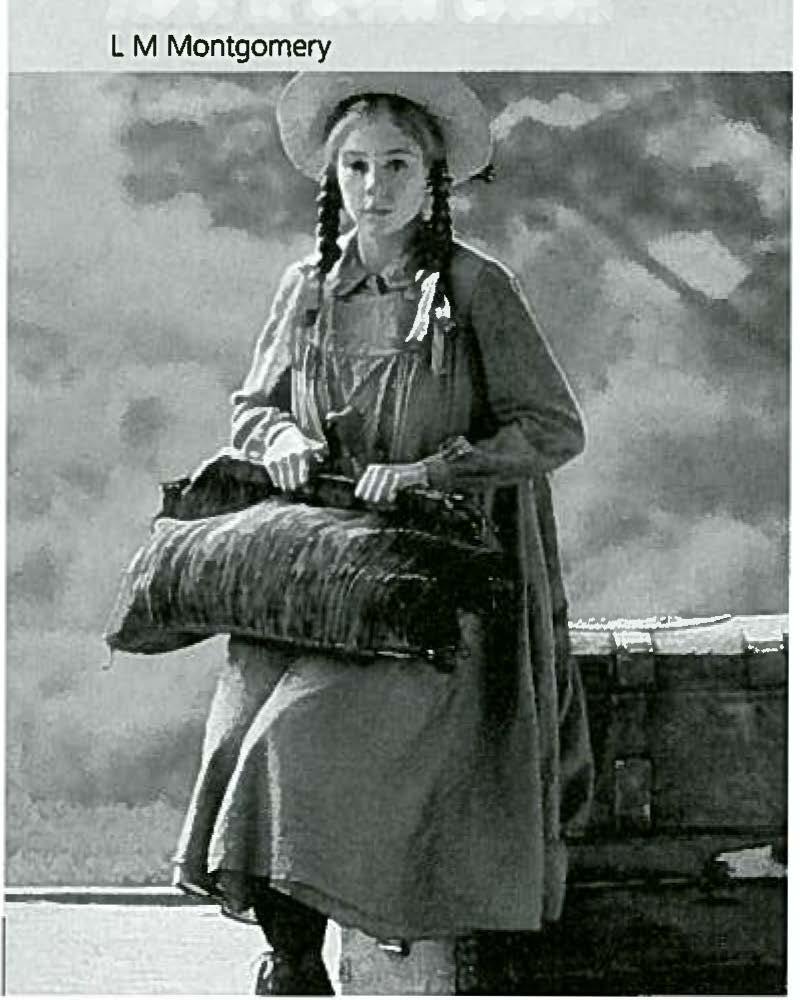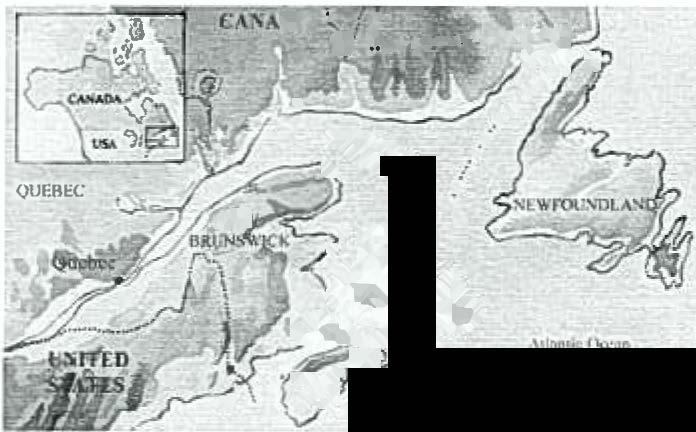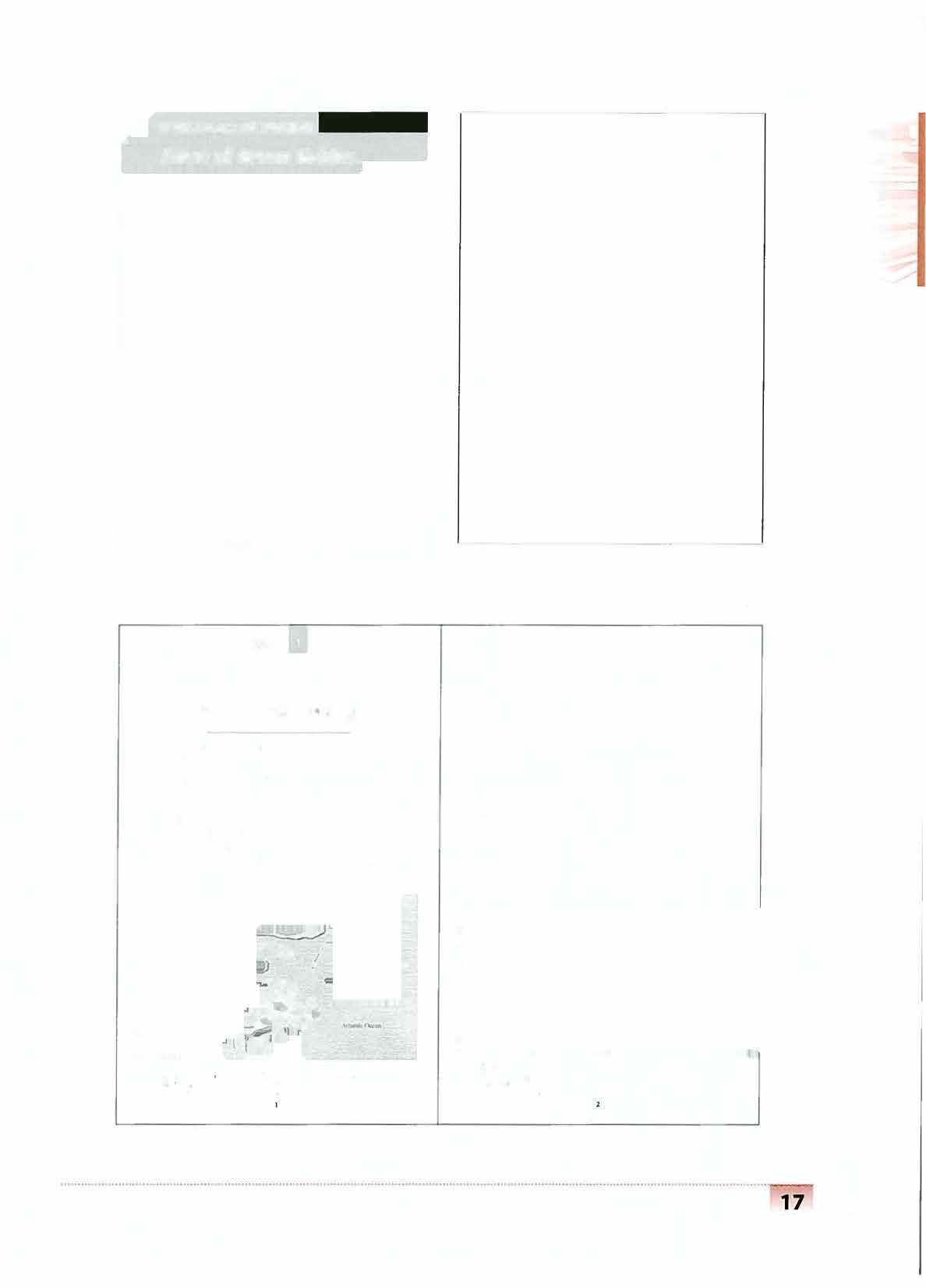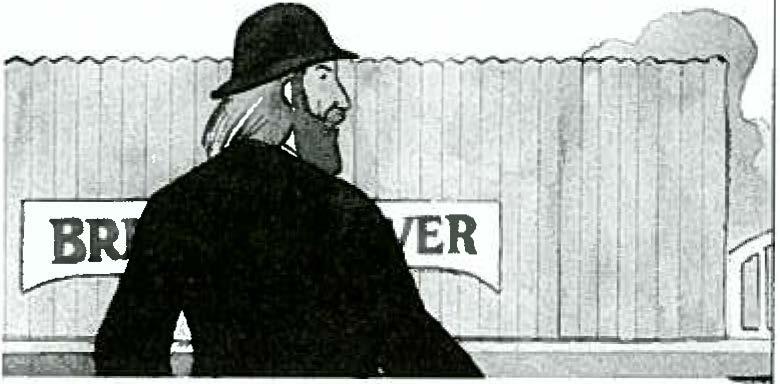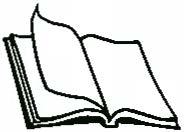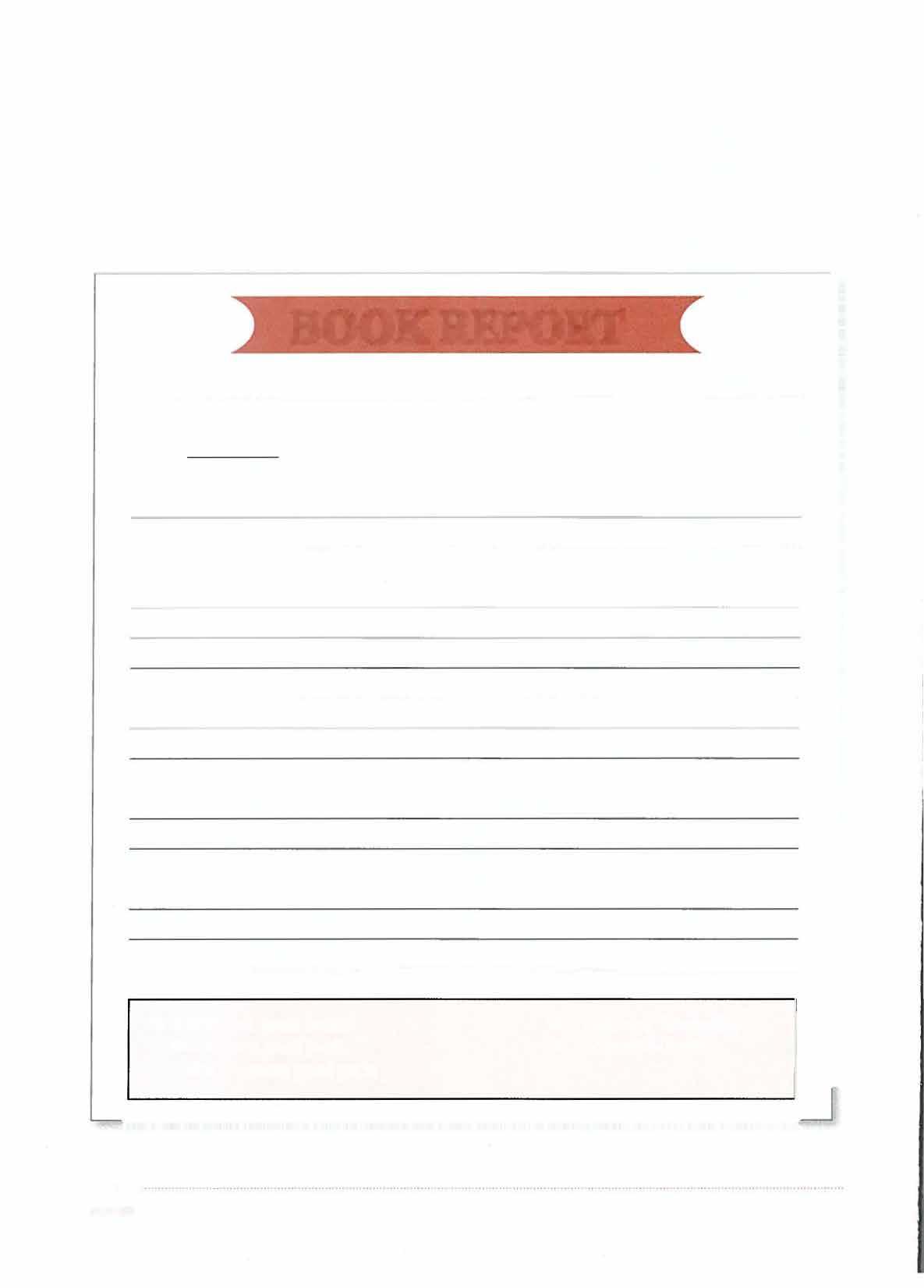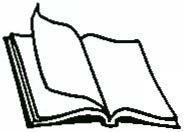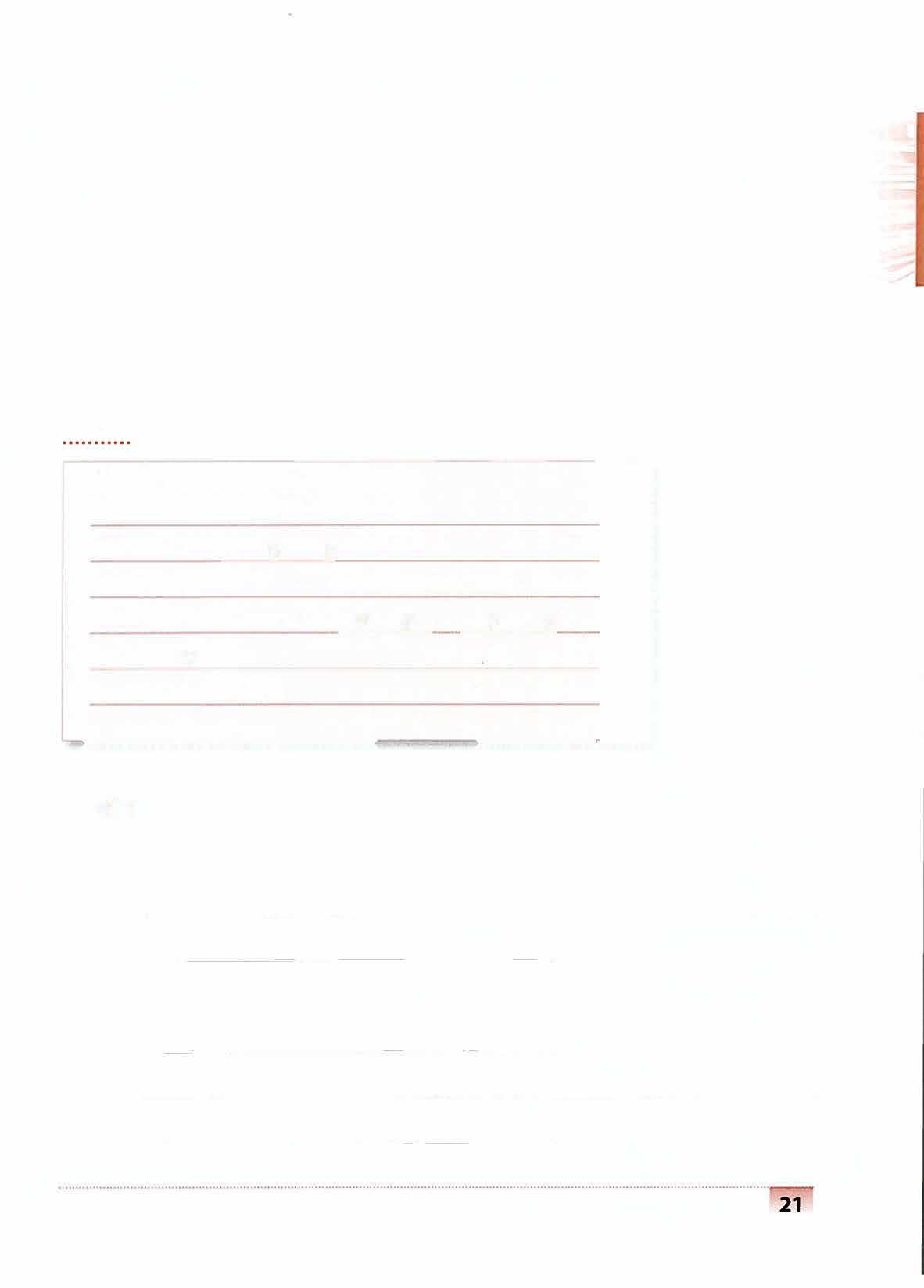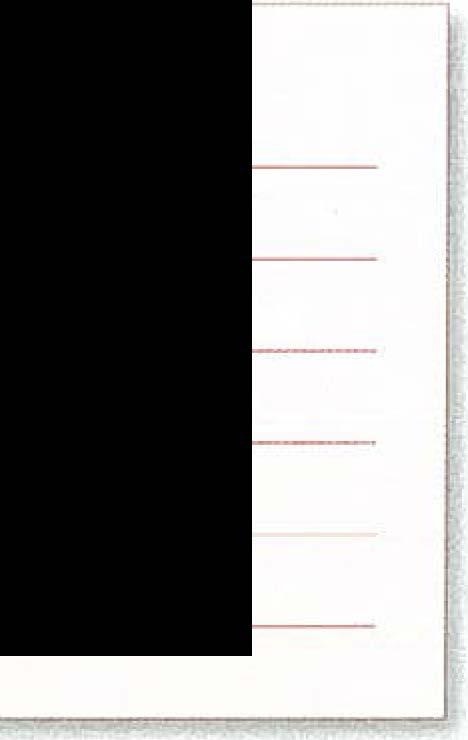Reading Power 2, Fourth Edition-Part1
Visit to download the full and correct content document: https://ebookmass.com/product/reading-power-2-fourth-edition-part1-linda-jeffries-bea trice-s-mikulecky/
More products digital (pdf, epub, mobi) instant download maybe you interests ...
Fisiología Linda S. Costanzo
https://ebookmass.com/product/fisiologia-linda-s-costanzo/
Costanzo Physiology 6th Edition Linda S. Costanzo
https://ebookmass.com/product/costanzo-physiology-6th-editionlinda-s-costanzo/
Reading Explorer 2 (Third Edition) Paul Macintyre
https://ebookmass.com/product/reading-explorer-2-third-editionpaul-macintyre/
McGraw-Hill Education Conquering ACT English, Reading, and Writing, Fourth Edition Amy Dulan
https://ebookmass.com/product/mcgraw-hill-education-conqueringact-english-reading-and-writing-fourth-edition-amy-dulan/
McGraw-Hill Education Conquering ACT English, Reading, and Writing, Fourth Edition Steven W Dulan
https://ebookmass.com/product/mcgraw-hill-education-conqueringact-english-reading-and-writing-fourth-edition-steven-w-dulan/
Reading Plato through Jung. Why must the Third become the Fourth? Paul Bishop
https://ebookmass.com/product/reading-plato-through-jung-whymust-the-third-become-the-fourth-paul-bishop/
Beatrice and Croc Harry Lawrence Hill
https://ebookmass.com/product/beatrice-and-croc-harry-lawrencehill/
No Parm No Foul (Grilled Cheese Mystery 2) Linda Reilly
https://ebookmass.com/product/no-parm-no-foul-grilled-cheesemystery-2-linda-reilly/
Falling for the Forbidden Earl Beatrice Hill
https://ebookmass.com/product/falling-for-the-forbidden-earlbeatrice-hill/
READINGPOWER LindaJeffries
BeatriceS.Mikulecky
ReadingPower2,FourthEdition Copyright©2009byPearsonEducation,Inc.
Allrightsreserved.
Nopartofthispublicationmaybereproduced,storedinaretrievalsystem,ortransmitted inanyformorbyanymeans,electronic,mechanical,photocopying,recording,orotherwise, withoutthepriorpermissionofthepublisher.
PearsonEducation,10BankStreet,WhitePlains,NY10606
Staffcredits:ThepeoplewhomadeuptheReadingPower2,FourthEdition team,representing editorial,production,design,andmanufacturing,arePietroAlongi,DanielleBelfiore, JohnBrezinsky,DaveDickey,OlivaFernandez,MassimoRubini,BarbaraSabella, JaimieScanlon,JenniferStem,PaulaVanElls,andPatWosczyk.
Textcomposition:RainbowGraphics
Textfont:12/14Caslon
Illustrationsandtechart:BergandyBeamandRainbowGraphics
Credits:Seepage296.
LibraryofCongressCataloging-in-PublicationData
Mikulecky,BeatriceS.
Readingpower2:extensivereading,vocabularybuilding,comprehensionskills,readingfaster/ BeatriceS.Mikulecky,LindaJeffries.-4thed.
p.cm.
Summary:Itsinnovativedesignallowsintermediate-levelstudentstousefourkeysections concurrentlytobecomebetterreadersinschool,college,orbusiness.
ISBN978-0-13-814388-6
1.Englishlanguage-Textbooksforforeignspeakers.2.Readingcomprehension-Problems, exercises,etc.3.Thoughtandthinking--Problems,exercises,etc.4.Vocabulary-Problems, exercises,etc.I.Jeffries,Linda.II.Title.III.Title:Readingpowertwo.
PE1128.M5662009 428.6'4-dc22
ISBN-10:0-13-814388-9
ISBN-13:978-0-13-814388-6
PEARSONLONGMAN ON THE WEB
Pearsonlongman.com offers online resources for teachers and students. Access our Companion Websites, our online catalog, and our local offices around the world.
Visit us at pearsonlongman.com.
PrintedintheUnitedStatesofAmerica
5678910--V016-131211 2009017283
Content:� IntroductiontoReadingPower2
Part1ExtensiveReading
Introduction
Unit1:NewVocabularyinYourReading
Unit2:FictionandNonfiction
Unit3:Books
Part2VocabularyBuilding
Unit1:GuidelinesforLearningVocabulary
Unit2:LearningNewWordsfromYourReading
Unit3:GuessingMeaningfromContext
Unit4:WordParts
Unit5:HowWordsAreUsedTogether
Unit6:HowWordsWorkinSentences
Part3ComprehensionSkills
Introduction
Unit1:Previewing
Unit2:Scanning
Unit3:MakingInferences
Unit4:FocusingontheTopic
Unit5:UnderstandingParagraphs
Unit6:IdentifyingthePattern
Unit7:ThinkinginEnglish
Part4ReadingFaster
Introduction
Unit1:TheWhiteWomanoftheGenesee
Unit2:TwoPopularAuthors
Unit3:PopularHealthandPsychology
Acknowledgments Iwouldliketothankteachersaroundtheworldfortheirfeedback regardingReadingPower2.Thefollowingcolleaguesandreviewers havebeenparticularlyhelpful:AnnaMasetti,UniversityofModena; EstherRobbins,PrinceGeorge'sCommunityCollege,Largo,MD; KateJohnson,UnionCountyCollege,Elizabeth,NJ;LesleyMorgan, WestVirginiaUniversity,Morgantown,WV;MeghanAckley, UniversityofTexas,Austin,TX;PaulaRichards,Northern EssexCommunityCollege,Haverhill,MA;MarjorieStamberg, HunterCollege,NewYork,NY.
Iamalsoverymuchindebtedtothedevelopmenteditor,JaimieScanlon, whohelpedmeenormouslywithhersharpeyefordetailandherclear visionofthebookasawhole,aswellaswithherpatienceandsenseof humor.
Thanks, Linda
AbouttheAuthors LindaJeffriesholdsamaster'sdegreeinTESOLfromBoston University.Shehastaughtreading,writingandESL/EFLatBoston College,BostonUniversity,theHarvardUniversitySummerESL Program,theUniversityofOpole,Poland,andtheUniversityof Bologna,Italy.ShelivesinItaly,nearBologna,andteachesacademic readingandwritingattheUniversityofModena.
BeaMikuleckyholdsamaster'sdegreeinTESOLandadoctorate inAppliedPsycholinguisticsfromBostonUniversity.Inadditionto teachingreading,writing,andESL,shehasworkedasateachertrainer intheHarvardUniversitySummerESLProgram,intheSimmons CollegeMATESLProgram,andinMoscow,Russia.Sheistheauthor ofAShortCourseinTeachingReadingSkills.
To theTeacher ReadingPower2isunlikemostotherreadingtextbooks.First,thebookis organizedinadifferentway.Ithasfourseparatepartsthatcorrespondtofour importantaspectsofproficientreading,andthereforeitislikefourbooksinone. Teachersshouldassignworkonallfourpartsofthebookeveryweek.
ThefourpartsofReadingPower2are:
•Part1:ExtensiveReading
•Part2:VocabularyBuilding
•Part3:ComprehensionSkills
•Part4:ReadingFaster
Second,thefocusofReadingPower2isdifferent.Whilemostbooksfocuson content,thisbookdirectsstudents'attentiontotheirownreadingprocesses.The aimisforstudentstodevelopastrategicapproachtoreadingatthisearlystage, sothattheylearntoviewreadinginEnglishasaproblem-solvingactivityrather thanatranslationexercise.Thiswillenablethemtoacquiregoodreadinghabits andskillsandtobuildconfidenceintheirabilities.Inthisway,theywillgain accessmorequicklytoEnglish-languagematerialforstudy,work,orpleasure.
Forasuccessfuloutcome,teachersshouldfollowtheindicationsforworkin pairsorsmallgroups.Talkingabouttheirworkwillhelpstudentsformulateideas andconsolidatevocabularylearning.
ReadingPower2isintendedforstudentswhoareattheadvanced-beginneror low-intermediatelevelinEnglish.Itisassumedthatstudentswhousethisbook willbeliterateandhaveanEnglishvocabularyofabout600words.
InthisfourtheditionofReadingPower2,theapproachremainsthesameas intheearliereditions,thoughinresponsetorecentresearchaswellasfeedback fromteachers,thereismoreemphasisonvocabularyacquisitionandlearning strategies.Alltheunitshavebeenupdatedandmoreguidancehasbeenadded forstudentsinlearningtheskills.Themajorchangesinthiseditioninclude:
Part1:ExtensiveReading-anewnonfictionpassageandmoreguidancein vocabularylearning
Part2:VocabularyBuilding-guidanceinvocabularylearningmethods includingdictionarywork,strategiesforguessingmeaningfromcontext, workonwordparts(prefixes,suffixes,andwordfamilies),sentencestructure, collocation,andlexicalphrases
Part3:ComprehensionSkills-anew"FocusonVocabulary"sectionineach unitwithareadingpassagecontainingtentargetwordsandexercisestoteach thesewords
Part4:ReadingFaster-newreadingsandrevisedcomprehensionquestions
AseparateTeacher'sGuidecontainstheanswerkey,arationalefortheapproach takeninReadingPower2,specificsuggestionsforusingitintheclassroom,and asamplesyllabus.
To the Student Readingisanimportantpartofmostlanguagecourses.Improvingyourreadingskills canalsohelpyouimproveyourgeneralskillsinEnglish.
Itcanhelpyou ...learntothinkinEnglish. ...buildyourEnglishvocabulary. ...writebetterinEnglish. ...prepareforstudyinEnglish.
ReadingPower2canhelpyoulearntoreadwellinEnglish.Inthisbook,you willworkonreadinginfourwaysinthefourpartsofthebook:
Part1:ExtensiveReading-readingabookthatyouchooseandreadingalot
Part2:VocabularyBuilding-learningnewwords
Part3:ComprehensionSkills-learningtounderstandwhatyouread
Part4:ReadingFaster-learningtoreadfasterandunderstandmoreinEnglish
Workonallfourpartsofthebookeveryweek.Thiswayyoucanbecomeagood readerinEnglish.
Whatdoesreadingmeantoyou?
A. Complete this questionnaire about reading inyourlife.
Reading Questionnaire
1. Whatisyourname?
2. Whereareyoufrom?
3. Whatisyourfirstlanguage?
4. Doyoulikereading?
5. Doyourparentslikereading?
6. Doyourfriendslikereading?
7.Whatdoyouenjoyreadinginyourlanguage?Check(✓)your answers. books__magazmes__webpages/articles __newspapersother( )
8. Doyouhaveafavoritebookorwriter?
Booktitle:__________________
Writer'sname: _____________
9.DoyoureadinEnglish?
Ifso,whatdoyoureadinEnglish?____ __
B. Workwithtwo otherstudents. Talkaboutyour answers. Doyoulike to readthesamethings?
Extensive Reading
Thebestreadersarepeoplewholovetoreadandwhoreadalot.InPart1,youwilllearn aboutandpracticeextensivereading.
What Is Extensive Reading? •Readingalot-manybooksinasemester
•Choosingbooksthatyou wanttoread
•Readingasfastorasslowasyouwant
•Nothavinganytestsonyourreading
Why Is Extensive Reading Important? IfyoureadalotinEnglish,youcanbecomeabetterreader,andyoucanimproveyour Englishinmanyways.
Extensivereadingwillhelpyou
...readfasterandunderstandbetter.
...learnnewwords.
...writebetter.
...learnabouttheworld.
WhenyoureadalotinEnglish,yougetalotofpracticewiththelanguage.Youlearnto recognizewordsmorequicklyandunderstandsentencesbetter.Youmayevenbegintothink inEnglish.Butthisonlyhappensifyouread alot!
Introduction
NewVocabulary inYour Reading Whenyoureadstoriesorbooks,youwillfindnewwords.Sometimesyoumaynotknowthe exactmeaningofaword,butyoucanguessthegeneralmeaning.Thismaybeenoughto followthestory.
Followtheseguidelinesfordealingwithnewvocabularyinyourreading:
•Don'tstoptolookupmanynewwordsinthedictionary.Ifyoustopoftenfornew words,youwillreadslowlyandforgetthestory.
•Trytousetheotherwordsandsentencesinthestorytohelpyouguessthegeneral meaningofwordsyoudon'tknow.
Inthefollowingexercises,youwillreadsomepassageswithmissingwords.Thisislike readingapassagewithwordsyoudon'tknow.
EXERCISE 1 j;/ A. Thispassageis from thebeginning of a story. Somewordsare missing. Read thepassage, butdon't trytoguessthe missing words. Then answer the questions.
SusanConleyandSamDiamondliveinRosebud,a smalltowninNewJersey.Itlookslikemanyotherxxxx:xxin theUnitedStates.OnMainStreet,thereisapostofficeand apolicexxxx:xx.Thedrugstoreandthelibraryaredownthe xxxx:xx.There'salsoashoppingcenterwithasupermarket,a videostore,andafastxxxx:xxrestaurant.
Dr.SamDiamondisadentist.Hisxxxx:xxisinthe middleofRosebud,nearthepostoffice.Everybodyintown knowsandlikesDr.Diamond.He'sagooddentistanda xxxx:xxperson.Helikestellingfunnystoriestohisxxxx:xx. Theyforgetabouttheirteethwhentheylistentohim.
SusanConleyisSamDiamond'swife.She'sascientist withaPh.D.inBiology.Sheworkswithaxxxx:xxof scientistsinalaboratoryinNewYorkCity.They'rexxxx:xx thehumanbrainandlookingforwaystoxxxx:xxpeoplewith Alzheimer'sandotherseriousbraindiseases.
Susanusuallytakesthex:xxxxxfromRosebudtoNewYork.Sometimesshe staysathomeandworksonherx:xxxxx.She'shappywhenshecanworkathome, butshealsolikesworkinginthelabwithinterestingpeople.
a.WheredoSusanandSamlive?-----------------
b.WhatisSam'sjob? ____ ___
c.WhydopeoplelikeSamDiamond? _______
d.WhatisSusan'sjob?___ __
e.Wheredoesshework? ______
B. Talkabout youranswerswithanotherstudent.Arethey thesame?
A. The story continuesin thispassage. Readthepassage, but don't tryto guess the missing words. Then answer thequestions.
SusanandSamaredifferentinmanyways.Susanistallandthin.Samisshort andxxxxxx.Susanhasblondehairandblueeyes.Samhasdarkhairandxxxxxx eyes.Susanisaquietperson,whocanxxxxxxforhoursaloneinthelaboratory. Samlovestotalkandmeetx:xxxxx.
SusanandSam'schildrenarenowgrownupandlivefaraway.Theirdaughter, Jane,isanairlinepilot.ShelivesinCaliforniaandxxxxxxallaroundtheUnited States.Theirson,Ted,isajournalist.HelivesandworksinWashington,D.C.He isxxxxxxtoayoungBrazilianpainternamedMaria.JaneandTedcometovisit Rosebudasoftenastheycan.
Intheirxxxxxxtime,SusanandSamliketoworkintheirx:xxxxx.Susan takescareoftherosebushesandthemanyotherflowers.Samtakescareofthe vegetablegarden.He'sveryproudofhistomatoesandhisxxxxxx.
SusanandSamalsocarealotaboutthetownofRosebud,andtheytryto makeitabetterxxxxxxtolive.Susanoftengoestomeetingsaboutxxxxxxinthe town.Samhelpswiththetownvegetablegarden.Peopleinthetowncanworkin thegardenandtakexxxxxxsomeofthevegetables.
a.DoSusanandSamlookalike?
b.Howmanychildrendotheyhave? _____
c.Wheredotheirchildrenlive? ------------------
d.WhatdoSusanandSamliketodointheirfreetime?
e.HowdotheyhelpthetownofRosebud? __
B. Talkabout your answers withanotherstudent.Arethey the same?
A. Read thepassage again. This time, try toguess the missing words. Writeyour guesses in theblanks.
SusanConleyandSamDiamondliveinRosebud,asmalltowninNewJersey. Itlookslikemanyother---=----intheUnitedStates.OnMainStreet, thereisapostofficeandapolice------·Thedrugstoreandthelibrary 2 aredownthe 3 • There'salsoashoppingcenterwithasupermarket, avideostore,andafast______restaurant. 4
Dr.SamDiamondisadentist.His---=----isinthemiddleof s Rosebud,nearthepostoffice.EverybodyintownknowsandlikesDr.Diamond. He'sagooddentistanda---,,....---person.Helikestellingfunnystoriesto 6 his------·Theyforgetabouttheirteethwhentheylistentohim. 7
SusanConleyisSamDiamond'swife.She'sascientistwithaPh.D.inBiology. Sheworkswitha ofscientistsinalaboratoryinNewYorkCity. 8 They're___9___ thehumanbrainandlookingforwaysto______ 10 peoplewithAlzheimer'sandotherseriousbraindiseases.
Susanusuallytakesthe------,-,---fromRosebudtoNewYork. 11 Sometimesshestaysathomeandworksonher ------,=----· She'shappy 12 whenshecanworkathome,butshealsolikesworkinginthelabwithinteresting people.
B. Talkabout your answerswith another student. Arethey the same?
A. Readthepassageagain. Thistime, try to guess themissingwords. Write your guesses inthe blanks.
SusanandSamaredifferentinmanyways.Susanistallandthin.Samisshort and------·Susanhasblondehairandblueeyes.Samhasdarkhairand 2 aloneinthelaboratory.Samlovestotalkandmeet_____ 4
SusanandSam'schildrenarenowgrownupandlivefaraway.Theirdaughter, Jane,isanairlinepilot.ShelivesinCaliforniaand---,,----allaroundthe 5 UnitedStates.Theirson,Ted,isajournalist.HelivesandworksinWashington, D.C.Heis toayoungBrazilianpainternamedMaria.Janeand 6 TedcometovisitRosebudasoftenastheycan.
Intheir------time,SusanandSamliketoworkintheir 7 ------·Susantakescareoftherosebushesandthemanyotherflowers. 8 Samtakescareofthevegetablegarden.He'sveryproudofhistomatoesandhis 9
SusanandSamalsocarealotaboutthetownofRosebud,andtheytryto makeitabetter 10 tolive.Susanoftengoestomeetingsabout _ _ inthetown.Samhelpswiththetownvegetablegarden.Peoplein thetowncanworkinthegardenandtake______someofthevegetables. 12
B. Talk aboutyouranswers withanotherstudent.Arethey thesame?
Remember You cantell a lot about a word fromthe other words and sentences around it. You can often guess the meaning. You will practice this more in Part 2.
Fiction and NonfiG ion In this unit, youwill learn about two types ofreadingmaterial: fictionand nonfiction.You will practice some steps for reading andunderstandingfictionand nonfiction.
What Is Fiction? Fictional storiesor books are about people and events that are notreal.The author makes up the people, the events,and sometimes theplace. Fiction often includes a"message"-an ideaor opinion about life ingeneral.
There aredifferent kinds offiction:
• realistic stories aboutpeople and places today, or aboutpeople andplacesinthe past
• fantastic stories about unrealworlds,or about ourworld in thefuture
Thisstory was writtenin 1933by the famous American authorErnestHemingway. Thedefinitionfor some wordsare givenatthe bottom of eachpage. These will helpyou followthestory better. You donotneedto learnthese words.
A. Preview.
• Look at thepicture andreadthetitle.What do you think this story is about?
• Do youknow anything about the author, Ernest Hemingway?
B. Readthestory to theend. Don'tstopto lookupnewwords.
A Day's Wait Hecameintotheroomtoshutthewindowswhilewewerestillinbed,andI sawhelookedill.Hewasshivering,1 hisfacewaswhite,andhewalkedslowlyas thoughitached2 tomove.
"What'sthematter,Schatz?"3
"I' hdh" vegotaeaace. "Youbettergobacktobed."
"N I' 11 . h " o.mangt.
"Yougotobed.I'llseeyouwhenI'mdressed."
ButwhenIcamedownstairshewasdressed,sittingbythefire,lookingavery sickandmiserableboyofnineyears.WhenIputmyhandonhisforeheadIknew hehadafever.
"Yi bd"I"d"Yi'.k" OU gouptoe'Sal. OU reSIC. "I'mallright,"hesaid.
Whenthedoctorcame,hetooktheboy'stemperature. "Whatisit?"Iaskedhim.
"Onehundredandtwo."
Downstairs,thedoctorleftthreedifferentmedicinesindifferentcolored capsuleswithinstructionsforgivingthem.Onewastobringdownthefever, anotherapurgative,4 thethirdtoovercomeanacid5 condition.Thegerms6 of influenza7 canonlyexistinanacidcondition,heexplained.Heseemedtoknow allaboutinfluenzaandsaidtherewasnothingtoworryaboutifthefeverdidnot goaboveonehundredandfourdegrees.Thiswasalightepidemic8 offluand therewasnodangerifyouavoidedpneumonia.9
BackintheroomIwrotetheboy'stemperaturedownandmadeanoteofthe timetogivethevariouscapsules.
"Doyouwantmetoreadtoyou?"
''Allright.Ifyouwantto,"saidtheboy.Hisfacewasverywhite,andthere weredarkareasunderhiseyes.Helaystillinthebedandseemedverydetached10 fromwhatwasgoingon.
IreadaloudfromHowardPyle'sBookofPirates,butIcouldseehewasnot followingwhatIwasreading.
"Howdoyoufeel,Schatz?"Iaskedhim.
"Justthesame,sofar,"hesaid.
IsatatthefootofthebedandreadtomyselfwhileIwaitedforittobetime togivehimanothercapsule.Itwouldhavebeennaturalforhimtogotosleep,but whenIlookeduphewaslookingatthefootofthebed,lookingverystrangely.
"Whydon'tyoutrytogotosleep?I'llwakeyouupforthemedicine."
"I'.Jh k" uraterstayawae.
1shivering shaking because you are cold or afraid
2ache hurt
3Schatz a nickname (Treasurein German)
4purgative a kind of medicine
5acid chemical,sour (e.g.,lemon)
(continued)
6germs bacteria,small things that make you sick
7influenza a common disease like a bad cold
8 epidemic a disease that affects many people
9 pneumonia a serious illness in your lungs
10detached distant Fiction and Nonfiction
Afterawhilehesaidtome,"Youdon'thavetostayinherewithme,Papa,ifit
40 bothersyou."
"Itdoesn'tbotherme."
"No,Imeanyoudon'thavetostayifit'sgoingtobotheryou."
Ithoughtperhapshewasalittlelightheadedandaftergivinghimthe prescribed11 capsulesateleveno'clockIwentoutforawhile.
45 Itwasabright,coldday,thegroundcoveredwithasleet12 thathadfrozenso thatitseemedasifallthebaretrees,thebushes,thecutbrush,andallthegrass andthebaregroundhadbeenvarnishedwithice.ItooktheyoungIrishSetter13 foralittlewalkuptheroadandalongafrozencreek,14 butitwasdifficulttostand orwalkontheglassysurface,andthereddogslippedandslithered,andIfell
50 twice,hard,oncedroppingmygunandhavingitslideawayovertheice.
Weflushedacoveyofquail15underahighclaybankwithoverhangingbrush, andIkilledtwoastheywentoutofsightoverthetopofthebank.Someof thecoveylit16 intrees,butmostofthemscatteredintobrush17 piles,anditwas necessarytojumpontheice-coatedmoundsofbrushseveraltimesbeforethey sswouldflush.Comingoutwhileyouwerepoised18 unsteadilyontheicy,springy brush,theymadedifficultshooting,andIkilledtwo,missedfive,andstartedback pleasedtohavefoundacoveyclosetothehouseandhappythereweresomany lefttofindanotherday.
60
Atthehouse,theysaidtheboyhadrefusedtoletanyonecomeintotheroom.
"V ' · "h "d "V ' h I h "
IOU cantcomem,esa1. IOU mustntgetwatave.
IwentuptohimandfoundhiminexactlythepositionIhadlefthim, white-faced,butwiththetopsofhischeeksflushed19 bythefever,staringstill,as hestared,atthefootofthebed.
Itookhistemperature.
65 "Whatisit?"
"Somethinglikeahundred,"Isaid.Itwasonehundred andtwoandfourtenths.
"Itwasahundredandtwo,"hesaid.
"Whosaidso?"
70 "Thedoctor."
"Yourtemperatureisallright,"Isaid."It'snothingto worryabout."
"Idon'tworry,"hesaid,"butIcan'tkeepfromthinking."
"Don'tthink,"Isaid."Justtakeiteasy."
75 "I'mtakingiteasy,"hesaidandlookingstraightahead.Hewasevidently2° holdingtightontohimselfaboutsomething.
11prescribed ordered by the doctor
12 sleet frozen rain
13trish Setter a kind of hunting dog
14creek a small river
15flusheda coveyofquail made birdsflyup
16 lit landed
17brush small trees
18 poised standing in acarefulposition
19flushed red
20evidently clearly
"Takethiswithwater."
"Doyouthinkitwilldoanygood?"
"Ofcourseitwill."
80 Isatdownandopenedthepiratebookandcommencedtoread,butIcould seehewasnotfollowing,soIstopped.
"AboutwhattimedoyouthinkI'mgoingtodie?"heasked. "What?"
"AbouthowlongwillitbebeforeIdie?"
85 "Youaren'tgoingtodie.What'sthematterwithyou?"
"Oh,yes,Iam.Iheardhimsayahundredandtwo."
"Peopledon'tdiewithafeverofonehundredandtwo.That'sasillyway totalk."
"Iknowtheydo.AtschoolinFrancetheboystoldmeyoucan'tlivewith
90 forty-fourdegrees.I'vegotahundredandtwo."
Hehadbeenwaitingtodieallday,eversincenineo'clockinthemorning.
"YoupoorSchatz,"Isaid."PooroldSchatz.It'slikemilesandkilometers. Youaren'tgoingtodie.That'sadifferentthermometer.Onthatthermometer thirty-sevenisnormal.Onthiskindit'sninety-eight."
""- ;:,"
95 rueyousure.
''.Absolutely,"Isaid."It'slikemilesandkilometers.Youknow,likehowmany kilometerswemakewhenwedoseventymilesinthecar?"
"Oh,"hesaid.
Buthisgazeatthefootofthebedrelaxedslowly.Theholdoverhimself
100 relaxedtoo,finally,andthenextdayitwasveryslack,21 andhecriedeasilyatlittle thingsthatwereofnoimportance.
21slack loose
C. Readthe story again. Underline any new words youneedtoknowto understand the story. Showthewords to your teacher. Ifyour teacher agrees, lookthem up andwritethemeanings in themargins.
D. Discussthesequestions withanotherstudent:
•Wheredoesthestorytakeplace?Whoarethepeopleinit,andwhat happenstothem?
•Didyoulikethestory?Whyorwhynot?
•Whatdoyouthinkaboutthedoctor'scurefortheflu?Whatdoyoudo whenyouhavetheflu?
•Hemingwayoftenwroteabouthunting.Whydoyouthinkhewroteabout huntinginthisstory?Whatdoyouthinkabouthunting?
•Whywastheboyconfused?Haveyoueverhadasimilarmisunderstanding? Fiction and Nonfiction
E. Withanotherpair of students, retellthe story frombeginningtoend. Try to useyour own words. (Youcan lookbackatthe story.)
F. Choose five wordsyouwant to learn fromthestory. Write theminyour vocabulary notebookwiththeparts of speech, the definitions, andthe sentences where youfoundthem. (SeePart2, Unit 1.)
What Is Nonfiction? Nonfictionisaboutrealpeople,places,orthings,forexample,history,science,psychology, travel,nature,aperson'sbiography,orotherreal-lifesubjects.Innonfictionbooks,thewriter givesfactsandinformationthatheorshesaysaretrue.
Readanddiscussthefollowing nonfictionstory.
A. Preview.
•Readthetitle.Whatdoyouthinkthispassageisabout?
•WhatdoyouknowabouttheMiddleAg�sinEurope?Whatdoyouknow abouttheplague?1
B. Readthe passage tothe end. Don't stoptolookup new words. 1
TheBlackDeath TheBlackDeathwasthenamepeoplegavetoaterriblediseasecalledthe bubonicplague.ItlastedfortwoyearsinEurope,from1347to1349.Inthosetwo years,twenty-fivemillionpeopledied.ThatwasonethirdofallEuropeans,orone outofeverythreepeople.Wholefamiliesdisappeared.Farmsandvillageswere leftempty.Citiescametoastop.Churches,universities,banks,andshopsclosed. Howdidthishappen?
LifeinEuropeintheMiddleAgeswasverydifferentfromlifetoday.In1300, therewerenocarsortrains.Peoplewalked,rodehorses,ortraveledinboats. Therewerenomachinestohelpfarmersortomakeclothes.Therewerefew factories.Peoplemademostofthethingstheyneededbyhand:clothing,shoes, food,tools.Therewerenoprintedbooksornewspapers.Andofcourse,there wasnotelephone,Internet,ortelevision.Thenewstraveledfromonepersonto anotherbyword-of-mouth.Anditwasusuallybadnews.Violencewasapartof everydaylife.Therewerewarsthatwentonforyearsandyears.Robberiesand murderswerecommon.Peopleoftendiedyoungfromaccidentsorillness.
Inthosedays,mostEuropeanslivedinsmallvillages.Butthecitieswere growing.Intheearly1300s,theweatherwascolderandwetterthanusual. Becauseofthisbadweather,farmersoftencouldn'tgrowenoughfoodfortheir families.Manycountrypeopledidn'thaveenoughtoeat,sotheywenttothe cities.
Thecitiesbecamemorecrowdedandunhealthy.Infact,theyweren'tvery pleasantplaces.Therichpeoplehadbig,beautifulhouses.Buteveryoneelselived indark,crowdedlittlehouses.Noone,richorpoor,hadrunningwaterortoilets. Allthewaste2 wasthrownintothestreetsorrivers.
Thiswasonereasonwhytheplaguespreadsoeasily.Thisdiseasewascaused bybacteria.3 Thewastefromsickpeople'shomeswasfullofthesebacteria.Soon thestreetsandriversanddrinkingwaterbecameveryunhealthy.Manypeoplegot sickfromdrinkingthedirtywater.Othersgotsickfromthewasteinthestreetsandbecauseoftherats.Thereweremanyrats,andtheyranfreelythroughthe streets,inandoutofhouses.Peoplethendidn'tunderstandthatratswerepartof thereasonfortheplague.Thebacteriathatcausethediseasewerecarriedonfleas4 thatlivedonrats.
TheplaguestartedinChinaintheearly1300s.Todaydiseasesmovequickly fromonepartoftheworldtoanother.IntheMiddleAges,diseases-like people-traveledmoreslowly.Ittookabouttwentyyearsfortheplaguetomove westfromChina.Atthattime,richEuropeanslikedtobuysilksandspicesfrom Asia.Traderscouldmakealotofmoneyfromthesethings,sotheytooklongtrips togetthem.Sometimestheywentoverland,sometimesbysea.Thatwashowthe ratsthatcarriedthediseaseprobablytraveled-byship.
(continued}
2waste anything not used,things thrown away byhumans
3bacteria small living things that can causedisease
4flea a smalljumping insect that bites animals or people to drinktheir blood
40
By1347,theplaguehadreachedthecountriesaroundtheBlackSeaineastern Europe.InOctoberofthatyear,anItalianshipstoppedataBlackSeatownand pickedupthedisease.BythetimetheshiparrivedatMessinainSicily(Italy), manysailorsweredead.Afewdayslater,peopleinMessinaweresick,too.They senttheshipaway,butitwastoolate.TheplaguehadarrivedinItaly.
45 Fortwoyearsafterthat-villagebyvillage,townbytown-thedisease spreadnorththroughEurope.Bytheendoftheyear1349,ithadspreadasfaras ScotlandandNorway.OnlyonepartofEurope(centralPolandandLithuania) stayedfreeofthedisease.Nooneknowswhy.
Whathappenedwhentheplaguearrivedinatown?Peoplegotsickand
50 died-fast.ItalianwriterGiovanniBoccacciowroteabouttheplagueinFlorence, Italy."Howmanymenandwomenhadbreakfastwiththeirfamilies,andthesame night,haddinnerwiththeirancestors5 inthenextworld!"Noteveryonediedthe sameday,butmostpeoplediedwithinthreedays.Anditwasahorribledeath. Thefirstsignswereblacklumps6 aroundtheneckandotherplaces.That'swhyit
55 wascalledtheBlackDeath.Then,therewashighfeverandblood-andthatwas theend.
Nooneunderstoodwhatwashappeningorwhy.Manypeoplethoughtitwas apunishmentsentbyGod.SomedoctorsinParisthoughtitwascausedbythe planetsandthestars.Otherdoctorsbelieveditwascausedbyabadsmell.(Cities
60 withtheplaguesmelledhorrible.)Theytoldpeopletokeepflowersanduse perfume.Somepeoplethoughttheycouldkeepawaythediseasewithloudnoises, sotheyrangchurchbellsandfiredguns.Noneofthesecures7 helped,ofcourse. Therewasnocureinthosedays.Therewasnowaytohelpasickperson.
Peoplewereterrified.Somestayedintheirhomesanddidn'tletanyonein.But
65 thefleasandratswentinandout,andsodidthedisease.Otherpeopleranaway fromthecitiesandintothecountry.Thecountrysidewasprobablyhealthierthan thecity,butthesepeopleoftenbroughtthediseasewiththem,andtheyhelpedto spreadit.
InsometownsinGermanyandFrance,peoplealsogotangry.Theywanted
10 tofindsomeonetoblamefortheplague,sotheyblamedtheJews.Theysaidthe Jewshadputpoisoninthewater.AngrygroupsofpeoplewenttotheJewish neighborhoods.Theysetfiretohousesandkilledwholefamilies.InStrasbourg in1349,200Jewswereburnedtodeath.Inthoseyears,manyJewsmovedeast,to PolandandLithuania.
75 Thediseasedieddownin1349,butitdidn'tdisappearcompletely.Itcame backmanytimesinEurope,thoughitneveragainspreadsofarsofast.Thelast bigoutbreak8 wastheGreatPlagueofLondonin1665,whenabout100,000 peopledied.AfterthatthereweresmalleroutbreaksinMarseilles,Vienna, Moscow,andothercities,untiltheearly18thcentury.
5ancestor amember ofa familywho livedinpast times
61ump an area on someone's skin or body that becomes larger and hard
7cure amedicine or treatment that can stop a disease
8outbreak the sudden start of something
80 Inotherpartsoftheworld,however,theplaguecontinuedtobeaproblem. Between1855and1929,outbreaksoftheplaguekilledover12millionpeople inIndiaandChina.Evennow,theplagueisstillpresentinsomecountries,for example,Madagascar,Tanzania,Brazil,Peru,Myanmar,andVietnam.Everyyear aroundtheworld,severalthousandpeoplegettheplague,andseveralhundredsof 85 themdie.
CouldanewoutbreakoftheBlackDeathkillmillionsofpeopletoday? Probablynot.Nowweunderstandhowthediseaseiscarriedandwecanstopit fromspreading.Wecanalsocureitwithmodernmedicines.However,another diseasecouldstillbeaproblem.Eventoday,newdiseasescansuddenlyappear.
90 Thenscientistsanddoctorshavetoworkfasttounderstanditandfindacure.
C. Read thepassageagain. Underlineanynew wordsyou need toknow to understandthestory. Show the wordstoyourteacher.Ifyourteacheragrees, look them upand write the meaningsin the margins.
D. Discuss thesequestions withanotherstudent:
•Whydidtheplaguekillsomanypeople?Howdiditspread?
•HowdidpeopleintheMiddleAgestrytostayhealthy?Howdoyoutryto stayhealthy?
•Doyouthinktherecouldbeanotherplaguetoday?
•Doyouknowaboutanydiseasesthatspreadandkilledmanypeople?What wasthedisease?Whenandwherediditspread?
E. Withanother pair of students, retell the storyfrom beginning to end. Try to useyour own words. (You can look backat thestory.)
F. Choose five wordsyouwant to learn from the story. Write theminyour vocabularynotebookwiththe partsof speech, the definitions, and the sentenceswhereyoufoundthem. (SeePart2, Unit 1.)
Choosingthe Right Book Books It'sveryimportanttochoosetherightbookforextensivereading.Firstofall,youshould chooseabookthatinterestsyou.Yourteacherandfriendsmayhavegoodideas,butit shouldbeabookthatyouwanttoread.
It'salsoimportanttochooseabookattherightlevel.Ifthebookistooeasyortoo difficult,youwon'tenjoyit,soyouwon'treadit.Youneedtofindabookthatyou willread.
Previewabooktofindoutifitisrightforyou.
► Readthetitle,backcover,andfirstpage.Whatisthebookabout?Isitinteresting?
► Checkthelevel:Lookagainatthefirstpage.Howmanywordsarenewtoyou? Nonewwords ➔ Thisbookmaybe tooeasy. 1-5newwords ➔ Thisbookistherightlevel. 6ormorenewwords ➔ Thisbookmaybe toodifficult.
EXAMPLE
A. Lookattheexampleonpage 17. Thenanswerthesequestions.
1.Whatisthetitle? Anne of Green Gables
2.Lookatthefrontcoverandbackcovercopy.Thenreadthefirstpage. Whatisthisbookabout? ------------------Isitinterestingtoyou? ___
3.Lookatthefirstpageagain. Howmanywordsarenewtoyou?_______________ Isthisbooktherightlevelforyou? ___________
B. Talkaboutyouranswerswithanotherstudent.Aretheythesame?
Anne of Green Gables (from thebackcover)
"Youdon'twantme!"cried Anne."Youdon'twantme because I'mnotaboy!Oh,what shallIdo?"
Maril/a andMatthew Cuthbert wanta boyfromthe orphanage to helpthemon theirfarm. Buta thinlittle girl iswaiting forMatthew atBrightRiver Station.Anne, afunnyand sometimesdifficultchild, changeseverybody's life and winseverybody's love.
CHAPTER AnneArrivesinAvonlea ·Yt,u don'twt1n1mr/ ffirdthrrh1/dsuddmlJ
•You do11iwan,mr brrausrI'm notaboy!'"
nc fine spring afternoon in Avonlca, Mrs. luchd Lynde sat by her kitchen window. She often sat there because she could .sec the Avonlca road very well from there.
A man with a horse and buggycame up the road. lr was Mrs. Lyndc's ncighbor, Matchcw Cuchbcrc.
"Where's Matthew going?" thought Mrs. Lynde insurpn.5c. "It's half past three in the afternoon and he has a lot ofwork on his farm.Where's he going and why is he going there?"
MatthewCuthbenlived with his sister, Marilla, in Green Gables, a large old house near Mrs. Lyndc's home. Lacer, Mrs. Lynde walked to Green Gables.
MMofCrcmC�
Marilia Cuthbert wasbusy in che kitchen. She was a call, thin woman with gray hair. Marilla wasn't young orpretty,and she didn't smile very much. Bueshe had a kind heart. She wasn't surprised by Mrs. Lynde's visit.
NHello, Marilla," said Mrs. Lynde. "I saw Matthew on the road. Where's he going?"
"To Bright River Station," answered Marilla...We're getting a little boy from anorphanage in Nova Scotia. He's coming on the train this afternoon."
Mrs. Lynde couldn't speak.Then she said, "An orphan boy!Why do you wane anorphanboy�"
"Mauhcw is sixcy years old," answered Marilla, "His heart isn't very srrong. He wants a boy ro help him on the farm.
"Weheard about Mrs. Spencer acWhite Sands. She's gecting a Jitde girl from the orphanage. Matthew and I want a little boy. Mrs. Spencer went to the orphanage today. She's bringing a boy back on the train and she's going to leave him at the station. Mauhcw will meet him there."
M.-t/hwtl(n)WhenyourhHrt stops.you•regoingtodie.Peciplewyth&tyourfeelil'lgs
fromyourhNrt
Getting the Most from Your Reading Afteryou choose abook for extensive reading, follow these guidelines.
Guidelines for Extensive Reading • Read for at least30 minutesevery day. Find a regular time inyourdayfor reading. Whenyoustop reading each time, write the datein pencilin the margin.Try to finish your book quickly.Your teacher will check onyour progress.
• Don'tstop to look up new wordsunlesstheyare necessary to understand the story.
• Look upuseful wordsafteryoufinish reading the chapter or book.Write the words in your vocabulary notebook withthepartsof speech, the definitions,andthe sentences whereyou found them. (See Part 2,Unit 1.)
• Whenyou finish a book:
► Tellyour teacher.
► Write the name of the book onyour Reading List on pages 21-22.
► Ifyou liked the book, tellyour classmatesabout it.
Talking aboutYour Books Book Conferences Abook conference is a conversationwithyour teacher. Itis not a test.Tellyour teacher whenyoufinisha book.Thenyour teacher willaskyou questions about it.You don't need to studyfor a book conference.Youjust need to read the book!
Here are some questionsyour teacher mayask:
• Whatis the title?
• Whois the author (writer)?
• Wheredoes the story take place?
• Whoarethe characters (people inthe story), or whatisit about?
• Whathappensinthe story?
• Didyou like thebook? Explainyour opinion.
Reading Circles Areading circleis a small group of students.The group meetsoftento talk about the books theyare reading.
Rules for reading circles:
► The groupshould havefour tofive students. It should meet about oncea week.
►Ateachmeeting,studentstalkabouttheirbooks.Eachstudenttakesaturntalking abouthisorherbook(notmorethanfourminutes).
Suggestedtalkingpoints:
•whereyouareinthebook(beginning,middle,end)
•thelevel(easy,notsoeasy,difficult)
•thesetting(whereittakesplace)
•thecharacters(fiction)orthesubject(non:fiction)
•whathappens(:fiction)orwhatittellsabout(non:fiction)
•youropinionaboutthebook
►Studentswhoarenottalkingmustlistenandthenaskquestions.Onestudentshould alsowatchthetimeandsaywhenfourminutesare:finished.
BookTalks Inabooktalk,youtalktotheclassaboutyourbook.Youshouldonlytalkforafewminutes (notmorethanfiveminutes).
Howtogetreadyforabooktalk:
►Onasmallpieceofpaper,writetheinformationbelow.Don'twritewholesentences. Writeonlyafewnotes(wordsorphrases)foreachanswer.
•thetitleandauthor
•thelevelofdifficulty
•thecharacters(fiction)orsubject(non:fiction)
•thesetting(whereittakesplace)
•whathappens(fiction)orwhatittellsabout(non:fiction)
•youropinionaboutthebook
►Useyournotestotalkaboutthebook.
►Practiceyourtalkbyyourselforwithafriendorclassmate.Trynottoreadfromyour notes.Lookatthemonlywhenyouneedto.Lookupasmuchaspossible.Speak slowlyandclearly.Trynottostoporsay"um''or"ah"toooften.Practicesayingthe sentencesuntilyoucansaythemfluently.
►Timeyourtalkbeforeyougiveitinclass.Ifittakeslessthanfourminutes,thinkof morethingstosay.Ifittakesmorethanfiveminutes,cutoutsomeparts. Books
Writing aboutYour Books Book Reports Whenyoufinishabook,fillinabookreportform.Askyourteacherforaform,orcopy thesequestionsontoaseparatepieceofpaper.Yourbookreportmayhelpyourteacher decidewhichbookstogetfortheclassorlibrary.
BOOKREPORT Title: --- - -
Author:________________FictionNonfiction__
Pages: Levelofdifficulty(1 = veryeasy,10 = verydifficult):
Characters(fiction)orsubject(nonfiction):______________
Setting(where):
Story(fiction)orwhatittellsabout(nonfiction):
Yourgeneralopinion:
Thebestparts,characters,orotherthingsyoulikedaboutthebook:
Theworstparts,characters,orotherthingsyoudislikedaboutthebook:
Ratethisbook: **** =agreatbook!
=agoodbook ** =somegoodparts
Extensive Reading
* = notveryinteresting x=aterriblebook
Book Files Whenyoufinishabook,askyourteacherforabookfilecard.Thenmakeacardforyour classbookfiles.Youandyourclassmatescanusethefilestofindbooksyoulike.
Onthecard,writeinformationaboutyourbook.Followtheexamplebelow.Rememberto rateyourbook.
**** = agreatbook! *** = agoodbook
** = somegoodparts
* =notveryinteresting
x=aterriblebook
EXAMPLE TITLE: Anne of Green Gables
AUTHOR: L. /V\. /V\ontgomery
NUMBER OF PAGES: 00 FICTION ORNONFICTION: Fiction
WHAT ISTHEBOOKABOUT? An orphan girl is adopted by a farm family.
RATETHEBOOK: ***
Reading List Makealistofyourextensivereadingbookshere.Foreachbookyouread,writethetitle, author,andthedateyoufinished.
1.Title:
4.Title:
Author:Datefinished:____
5. Title:
Author:Datefinished: 6. Title:____________________________
Author:_Datefinished:____ 7.Title:
Author:________________Datefinished: 8. Title:
Author:Datefinished: 9. Title:_____________________________
Author:________________Datefinished:_
Author:Datefinished:
Author:Datefinished: 12. Title:
Author:Datefinished: 13. Title:
Author:________________Datefinished: 14.Title:
Author:Datefinished: 15. Title:
Author:Datefinished:
